The statue of Hercules Strangling the Nemean Lion is a bronze statue located in the Piazza Ognissanti, overlooking the Arno river in Florence, region of Tuscany, Italy.

The statue of Hercules Strangling the Nemean Lion is a bronze statue located in the Piazza Ognissanti, overlooking the Arno river in Florence, region of Tuscany, Italy.

The first bronze statuettes on this subject were completed and exhibited by the Florentine sculptor Romano Romanelli in 1906-1910. [1] Romanelli became a prominent sculptor for the Fascist administration of Benito Mussolini. In 1930, the fascist authorities removed the statue of the Venetian-Italian patriot, Daniele Manin, from the center of this piazza, where it had been placed, and installed it in the suburbs of Arcetri. In its place, the Jewish-Italian patron, Angiolo Orvieto commissioned this statue, [2] placed here in 1937 after display at the exhibition of the Quadriennale d'Arte Nazionale in Rome. [3] A casting of this statue was also exhibited in Berlin in 1937, where it was prominently placed at the entrance of the exhibition alongside a photograph of Mussolini and Victor Emmanuel III of Italy. [4]

Lorenzo Bartolini was an Italian sculptor who infused his neoclassicism with a strain of sentimental piety and naturalistic detail, while he drew inspiration from the sculpture of the Florentine Renaissance rather than the overpowering influence of Antonio Canova that circumscribed his Florentine contemporaries.

The Loggia dei Lanzi, also called the Loggia della Signoria, is a building on a corner of the Piazza della Signoria in Florence, Italy, adjoining the Uffizi Gallery. It consists of wide arches open to the street. The arches rest on clustered pilasters with Corinthian capitals. The wide arches appealed so much to the Florentines that Michelangelo proposed that they should be continued all around the Piazza della Signoria.
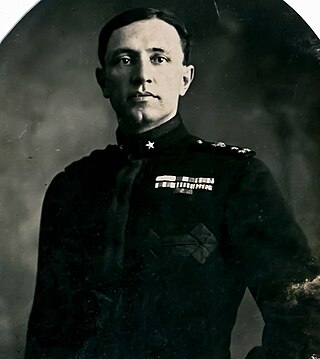
Romano Romanelli was an Italian artist, writer, and naval officer. He is best known for his sculptures and his medals.
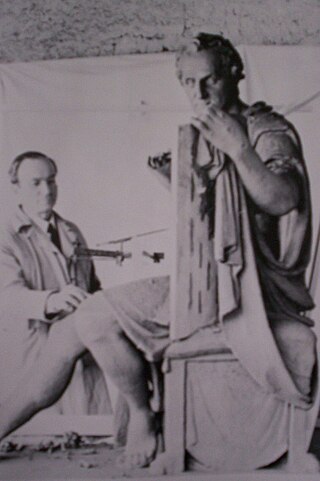
Romano Vio was an Italian sculptor. He was born in Venice and taught sculpture there.
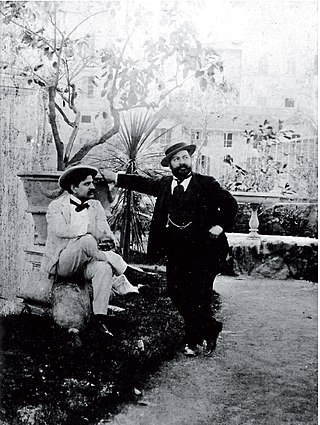
Mario Rutelli was an Italian sculptor.
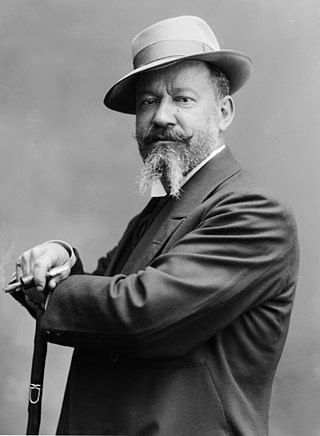
Raffaello Romanelli was an Italian sculptor, born in Florence, Italy.
Cipriano Efisio Òppo was an Italian painter, stage designer, satirical illustrator, and critic. He was born in Rome, the city in which he also lived, worked and died, though his father's and mother's families had both come originally from Sardinia. He was an influential and perceptive commentator and mentor in respect of the Italian art scene through the challenges of the Mussolini years.
Enrico Del Debbio was an Italian architect and university professor.
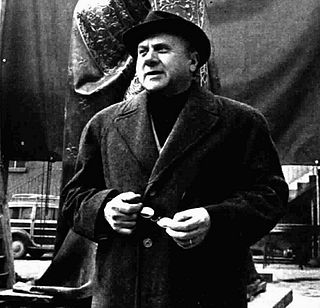
Francesco Messina was an Italian sculptor of the 20th century.
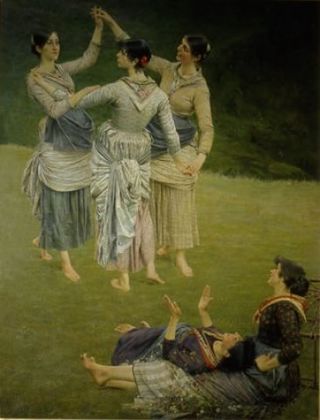
Filadelfo Simi was an Italian painter and sculptor.

Renato Signorini was an Italian sculptor, painter and medalist.

The Monument to Daniele Manin is located on Viale dei Colli in Piazzale Galileo in the neighborhood of Arcetri in the outskirts of Oltrarno in Florence, region of Tuscany, Italy.
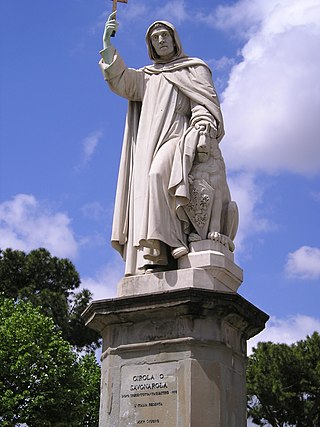
The Monument to Savonarola in Piazza Savonarola is an outdoor marble statue on a plinth in honor of the 15th-century Dominican friar Girolamo Savonarola; it is located in a piazza of the same name a few blocks outside of the Viali di Circonvallazione, in Northeastern Florence, region of Tuscany, Italy.
Luigi Fabris was an Italian sculptor and ceramist.
Ermenegildo Luppi (1877–1937) was an Italian sculptor.
Pasquale Romanelli was an Italian sculptor, apprentice of Lorenzo Bartolini.
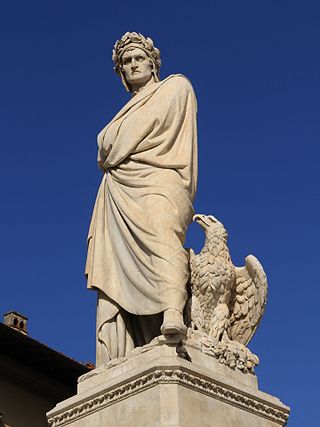
The Statue of Dante Alighieri is a monument to Dante Alighieri in Piazza Santa Croce, outside the Basilica of Santa Croce, in Florence, Italy. Erected in 1865, it is the work of the sculptor Enrico Pazzi.
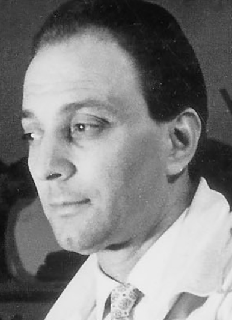
Tristano Alberti was an Italian sculptor. Inspired by Auguste René Rodin, after attending ornate sculptors class at the Alessandro Volta technical institute in Trieste, he choose the same craftsman-like approach in Early Modern Sculpture: Rodin, Degas, Matisse, Brancusi, Picasso, Gonzalez and later, in late 1940s and early 1950s, developed a fully personal style in figuratively representing human and animal-themed chalks and bronzes, possessing a unique ability to model passion, rage and strong emotions. He is known for his sacred art and monuments, and such sculptures as San Sebastiano, Cat, Nazario Sauro and San Giusto. The latter being yearly and awarded as a copy and special prize to prominent people in Trieste.
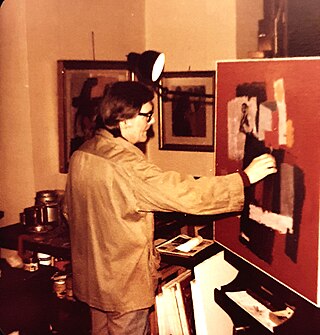
Gabriele Patriarca was an Italian informal painter and member of the art movement Scuola Romana.
Michele Guerrisi was an Italian sculptor, painter and writer.
Coordinates: 43°46′19.79″N11°14′43.34″E / 43.7721639°N 11.2453722°E